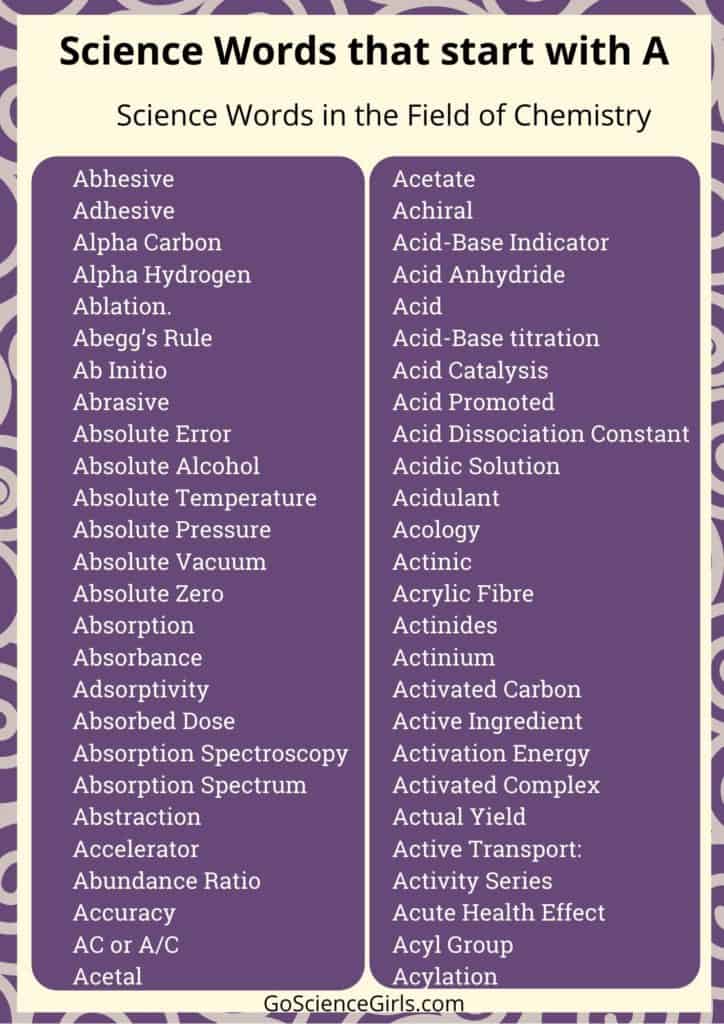Exploring Science Words That Start With X: Definitions, Applications, and Learning Paths

Introduction: The Unique Role of ‘X’ in Scientific Vocabulary
Scientific language is rich and diverse, yet certain letters-such as X -yield a particularly intriguing set of words. While science words beginning with X are less common, they represent advanced concepts in biology, chemistry, physics, and medicine. This article compiles verified science words that start with X, defines each, explains their relevance, and provides actionable steps for learners and professionals seeking to expand their vocabulary and understanding.
Comprehensive List of Science Words Starting With X
Below are the most widely recognized and verified science terms that start with X. Each word is accompanied by its definition and a real-world example or application.

Source: alamy.com
- X-ray : A form of electromagnetic radiation used extensively in medical imaging and material analysis. For example, X-rays enable noninvasive diagnosis of bone fractures and dental issues [1] .
- Xenon : A noble gas utilized in lighting, medical imaging, and nuclear science. Xenon isotopes play a role in planetary research and nuclear technology [1] .
- Xerophyte : A plant adapted to survive in dry environments, such as cacti. Xerophytes are studied in botany and ecology to understand drought resistance [2] .
- Xylem : The vascular tissue in plants responsible for transporting water. Xylem studies are essential in plant physiology and agricultural science [1] .
- Xanthophyll : A yellow pigment found in plants, important for photosynthesis and protection from excessive light. Xanthophyll research informs plant biology and food science [1] .
- X-chromosome : One of the two sex chromosomes in humans and many animals, critical in genetics and heredity studies [4] .
- X-linked : Refers to genes located on the X-chromosome, often associated with genetic disorders such as hemophilia [1] .
- Xylology : The scientific study of wood and woody tissues. Used in forestry, botany, and material science [1] .
- Xanthoproteic Reaction : A chemical test for detecting proteins using nitric acid. Applied in biochemistry labs [1] .
- Xenobiotic Metabolism : The study of how foreign compounds are processed by living organisms. Crucial in pharmacology and toxicology [1] .
- Xyloglucan : A polysaccharide found in plant cell walls, important in cell biology and food science [1] .
- X-ray Astronomy : The study of space objects using X-ray detection. This field reveals insights into black holes and supernovae [1] .
- Xenobiology : The science of synthetic or alien life forms, focusing on systems not found in nature [3] .
- Xylography : The process of woodblock printing, relevant to both art and science for its material and chemical properties [3] .
- Xenocatalysis : Catalysis involving external or foreign catalysts, used in chemistry research [1] .
For a more exhaustive list and definitions, educational websites and glossaries such as GenScript offer detailed query tools for biology terms beginning with X [4] .
Real-World Applications and Case Studies
Understanding science words that start with X is not only about vocabulary-it’s about applying these concepts in practical settings:
- Medical professionals use X-ray technology daily for diagnostics. For example, dentists and doctors rely on X-ray imaging for accurate assessments and treatment planning [1] .
- Environmental scientists study xerophytes to develop drought-resistant crops, addressing global food security challenges [2] .
- Geneticists analyze X-linked traits to identify and manage hereditary diseases, such as color blindness and hemophilia [1] .
- Forestry experts employ xylology for sustainable wood harvesting and conservation strategies [1] .
- Astrophysicists utilize X-ray astronomy to study cosmic phenomena, uncovering new information about the universe [1] .
If you wish to explore specific applications, you can search for research journals or visit university science department websites for case studies and published research.

Source: freepik.com
Step-by-Step Guidance for Learning and Using X Science Words
To integrate these terms into your studies, teaching, or professional work, follow these steps:
- Identify Your Area of Interest : Decide which field-biology, chemistry, physics, medicine, or environmental science-is most relevant to your goals.
- Use Verified Glossaries and Dictionaries : Access comprehensive science glossaries such as GenScript’s Biology Glossary for accurate definitions [4] .
- Study Real-World Examples : Look up case studies involving X-ray imaging, xerophyte adaptation, or xylology in scientific journals via your local library or university database.
- Apply the Terms in Context : Practice using these words in writing assignments, lab reports, or presentations. For instance, describe the function of xylem in plant physiology or explain the significance of X-chromosomes in genetics.
- Connect With Experts : Contact science educators, join online forums, or attend webinars. University websites and professional associations often list contact information and event calendars for public learning opportunities.
- Seek Further Resources : For advanced study, consider enrolling in relevant courses through accredited universities or accessing open educational resources. When searching online, use terms such as “science glossary X words,” “xylology research,” or “X-ray technology applications.”
If you are unable to find a specific resource, you can reach out to the editorial offices of scientific glossaries (such as GenScript) or consult your local academic library for assistance in locating authoritative materials.
Potential Challenges and Solutions in Learning ‘X’ Science Words
Because science words starting with X are rare, learners may face obstacles such as limited resources and unfamiliar terminology. Here are strategies to overcome these challenges:
- Challenge: Limited Availability in Textbooks Solution: Supplement with online glossaries, academic databases, and science websites. Many universities provide open-access materials for specialized topics.
- Challenge: Unfamiliar Spelling and Pronunciation Solution: Use phonetic guides and audio pronunciation tools available on reputable dictionary websites.
- Challenge: Complex Definitions Solution: Break down definitions into simpler components and apply the terms in practical examples or experiments.
Alternative Approaches and Expanding Your Science Vocabulary
While focusing on X words, consider broadening your search to related prefixes and scientific roots, such as
xen-
(foreign),
xyl-
(wood), and
xanth-
(yellow). Learning the meaning and usage of these roots can enhance your understanding of scientific terminology across multiple disciplines
[5]
.
Additionally, collaborating with teachers, joining science clubs, or participating in online challenges can make learning new words engaging and interactive. Many educational platforms host vocabulary quizzes and competitions to reinforce mastery of complex terms.
Summary and Key Takeaways
Science words that begin with X-such as X-ray , Xylem , Xenon , and Xylology -may be rare, but they are essential for describing advanced concepts in modern science. By leveraging verified glossaries, applying terms in context, and seeking out real-world examples, learners and professionals can deepen their scientific literacy and open new pathways for exploration.
If you need personalized guidance, consider contacting your local science educator or searching for expert-led workshops using terms such as “science vocabulary workshops” or “STEM education events.” Always verify that resources are from reputable, established providers.
References
- [1] Knowledge Sprouts (2025). 75 Science Words That Start With X by Grade level.
- [2] EngDic/Pinterest (2025). Science Words That Start With X – All Words.
- [3] Wikipedia (2015). Index of branches of science – X.
- [4] GenScript (2025). Biological terms beginning with X.
- [5] GlobalRPh (2017). X – Medical Terminology.






